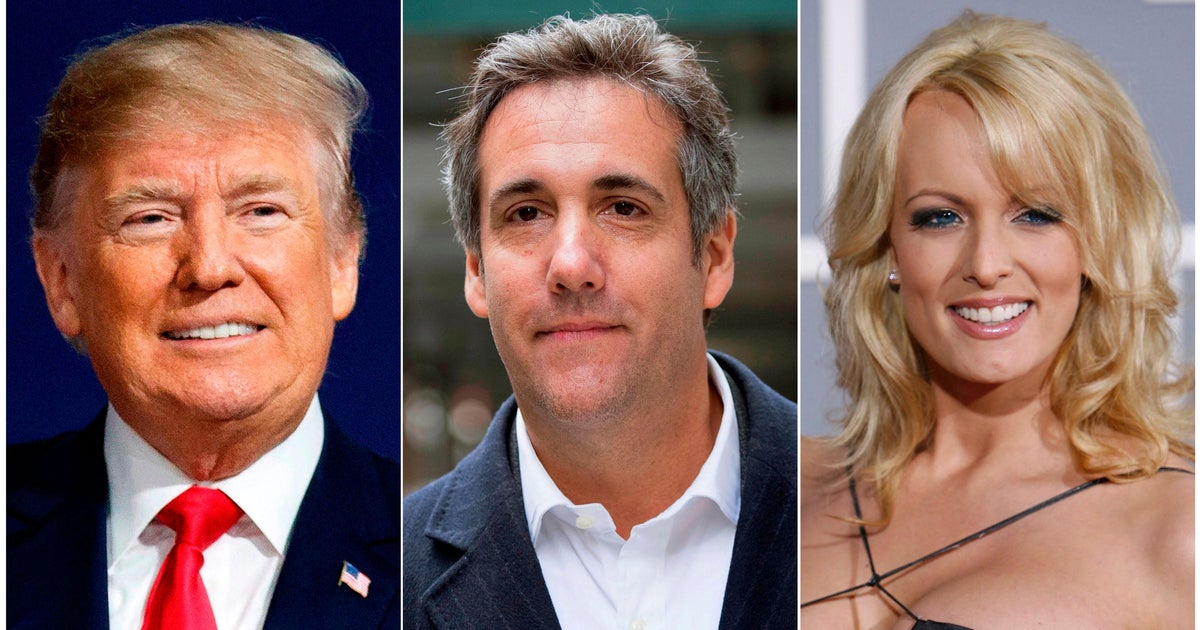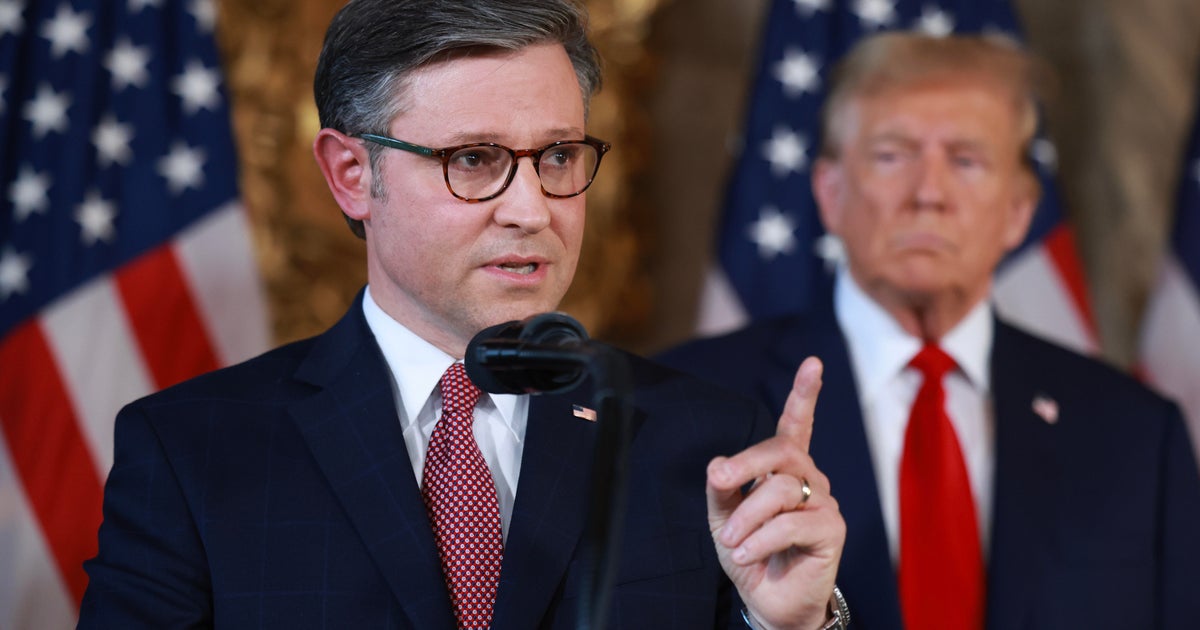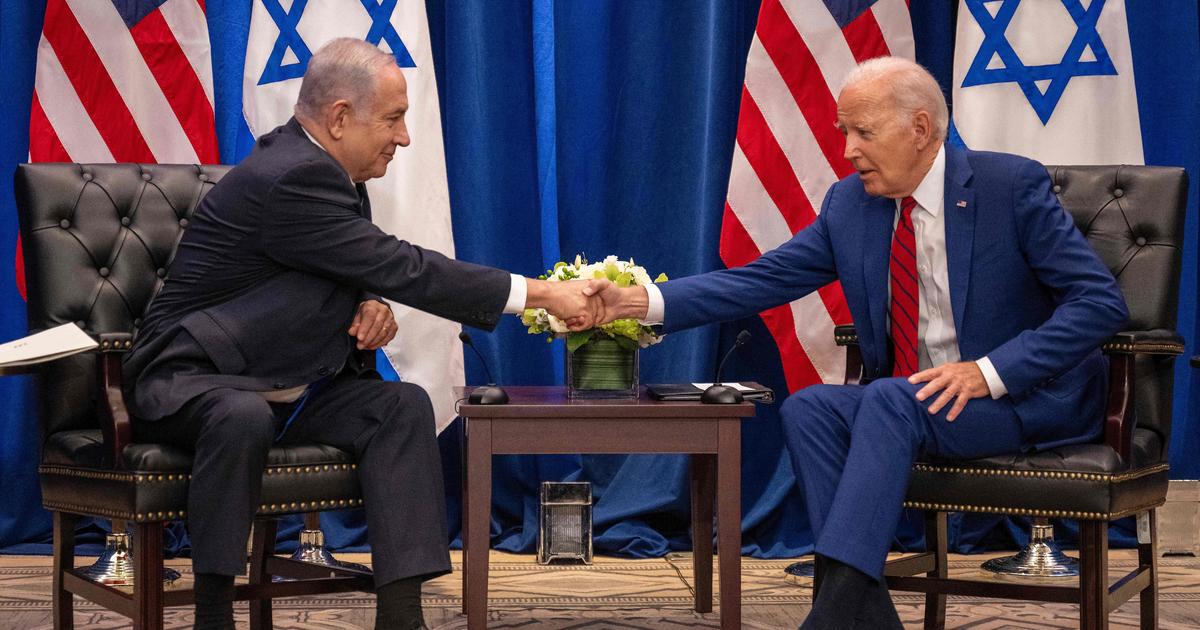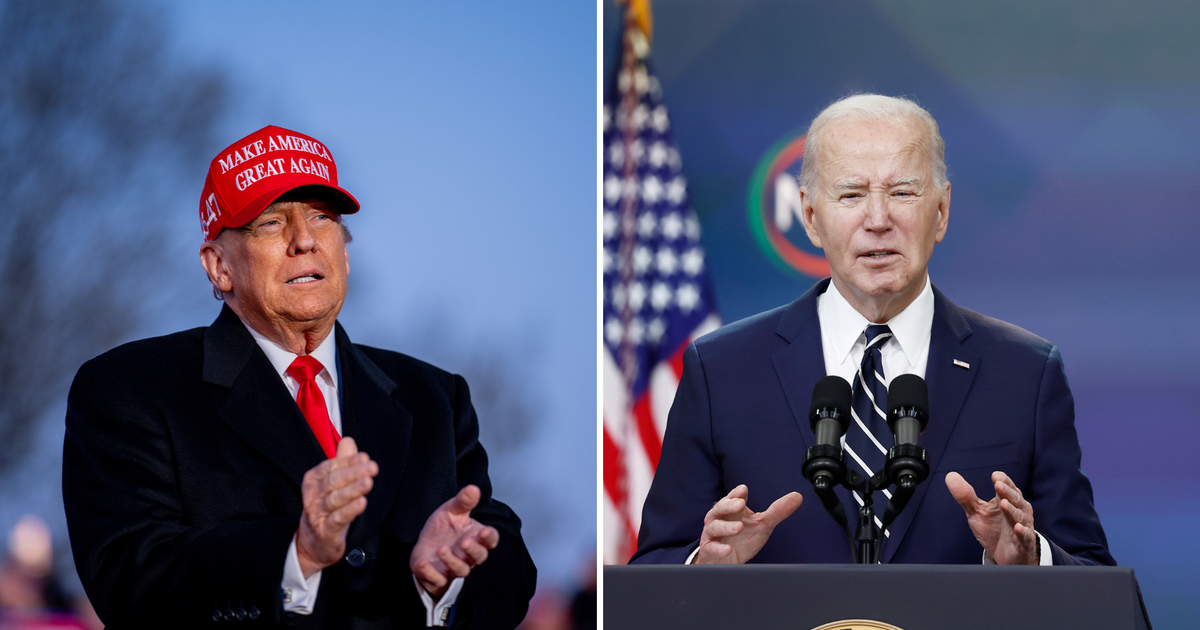Iran says it will break key nuclear deal uranium limit in 10 days
Iran will break the uranium stockpile limit set by Tehran's nuclear deal with world powers in the next 10 days, the spokesman for the country's atomic agency said Monday. He also warned that Iran could enrich uranium up to 20% — just a step away from weapons-grade levels.
The announcement by Behrouz Kamalvandi, timed for a meeting of European Union foreign ministers in Brussels, puts more pressure on Europe to come up with new terms for Iran's 2015 nuclear deal.
Kamalvandi said there was still time for European nations to save the accord, the Reuters news agency points out. Europe so far has been unable to offer Iran a way around U.S. sanctions.
Kamalvandi accused Europeans of "killing time" as the clock runs down. "If this condition continues, there will be no deal" anymore, Kamalvandi said.
At the same time, Iranian President Hassan Rouhani warned there's limited time to the accord.
Rouhani made the comment Monday while meeting the new French ambassador to Tehran, Philippe Thiebaud. Rouhani's website quoted him as saying that the destruction of the deal was not in anyone's interests.
The accord has steadily unraveled since the Trump administration pulled the Unite States out last year and re-imposed tough economic sanctions on Tehran, deeply cutting into its sale of crude oil abroad and sending its economy into freefall.
Monday's development comes in the wake of apparent attacks on oil tankers last week in the Mideast, assaults Washington has blamed on Iran. While Iran has denied being involved, it has used mines in the past against commercial traffic around the crucial Strait of Hormuz, through which a fifth of the world's crude oil passes.
Under terms of the nuclear deal, Iran can keep a stockpile of no more than 300 kilograms (660 pounds) of low-enriched uranium. Kamalvandi said that given Iran's recent decision to quadruple its production of low-enriched uranium, it would pass the 300-kilogram limit on Thursday, June 27.
The United Nations nuclear watchdog, the International Atomic Energy Agency (IAEA), said last month that Iran still remained within its stockpile limits. IAEA chief Yukiya Amano said during a recent press conference that Iran had increased its production of enriched uranium production since May 20, however. Reuters reports Amano did not offer further details.
The Vienna-based agency declined to comment Monday on Iran's announcement.
Kamalvandi said Iran needs 5% enrichment for its nuclear power plant in southern Iranian port of Bushehr and it also needs 20% enrichment for a Tehran research reactor.
The nuclear deal had limited Iran to enriching uranium only to 3.67%, which is enough for power plants and peaceful purposes.
But after Washington pulled out and escalated sanctions, Tehran set a July 7 deadline for Europe to come up with better terms for the deal, threatening to ake additional steps away from the accord.
Kamalvandi reinforced that stance, saying Iran will increase uranium enrichment levels "based on the country's needs."
Iran maintains its nuclear program is for peaceful purposes. Tehran reached the nuclear deal with world powers in 2015, agreeing to limit its enrichment of uranium in exchange for the lifting of economic sanctions.
Tensions have ratcheted up in the region since May. The U.S. rushed an aircraft carrier strike group and other military assets to the Mideast in response to what it said were threats from Iran. Meanwhile, a series of mysterious attacks have targeted oil tankers and Iranian-backed Houthi rebels in Yemen have launched a series of drone and missile attacks on Saudi Arabia.
Kamalvandi spoke to Iranian journalists in a news conference at the country's Arak heavy water nuclear reactor. Such reactors produce plutonium that can be used in nuclear weapons. Iran, under the nuclear deal, had reconfigured the facility to address Western concerns on that issue.
However, Kamalvandi said the country could rebuild the facility to make it produce plutonium. He also said Iran would continue to allow the U.N. to inspect its nuclear facilities for the time being.
The U.S. alleges Iran used limpet mines to target two tankers last Thursday, pointing to black-and-white footage it captured that American officials describe as an Iranian Revolutionary Guard vessel removing an unexploded mine from the Japanese-operated tanker Kokuka Courageous, one of the two ships that were targeted.
The Japanese tanker's owner said its crew described "flying objects" as having targeted the vessel.
In Brussels on Monday, European Union foreign ministers said they were still looking for more information on who might be behind the incident involving the tankers. Germany and others insisted they need a clearer picture before wading into a diplomatic conflict which could have serious implications in the Middle East.
German Foreign Minister Heiko Maas said that U.S. and British intelligence needs to be compared with other information from allies. "We have to be very careful," he said.
EU foreign policy chief Federica Mogherini said it was not a time to jump to action without proper information. "The maximum restraint and wisdom should be applied," she said ahead of the monthly foreign ministers meeting in Luxembourg.
On the CBS News broadcast "Face the Nation" Sunday, Secretary of State Mike Pompeo said the Trump administration is considering a "full range of options" — including a military strike — to counter belligerent moves by the Iranian government.



